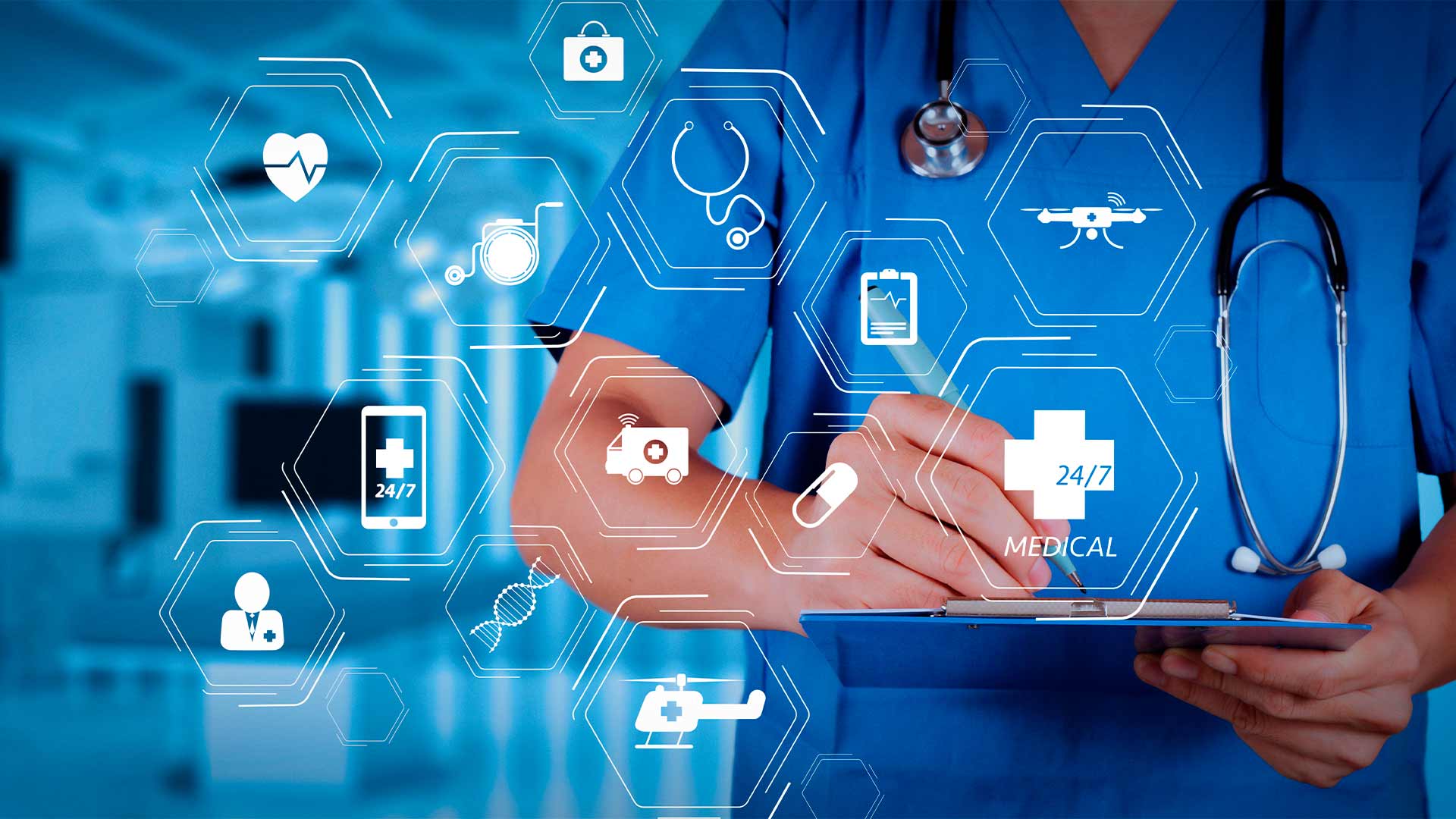
How Medical Patient Forms Protect Your Health Information
In the realm of healthcare, safeguarding patient information is paramount. From medical histories to treatment plans, a wealth of sensitive data flows through hospitals and clinics daily. But how can healthcare providers ensure this information remains confidential and secure? The answer lies in the humble yet indispensable tool: medical patient forms.
The Importance of Medical Patient Forms
Medical patient forms serve as the gateway to efficient and effective healthcare services. By gathering essential information about a patient’s medical history, allergies, and current medications, these forms enable healthcare providers to tailor their approach and deliver personalized care. Beyond facilitating patient care, medical patient forms also play a crucial role in ensuring legal compliance. In an increasingly regulated healthcare landscape, adhering to privacy laws such as HIPAA (Health Insurance Portability and Accountability Act) is non-negotiable. Patient forms help healthcare facilities maintain compliance by documenting consent, confidentiality agreements, and other legal requirements.
From Paper to Digital
Gone are the days of paper-based forms languishing in dusty filing cabinets. With technological advancements, medical patient forms have undergone a digital transformation, migrating from cumbersome paperwork to streamlined electronic formats. In today’s digital age, patients crave convenience and accessibility. Digital patient forms empower individuals to complete necessary paperwork from the comfort of their own homes, using devices they’re already familiar with smartphones, tablets, or computers.
The Benefits of Digital Patient Forms
Say goodbye to long wait times and administrative bottlenecks. Digital patient forms streamline the intake process, reducing paperwork errors and minimizing manual data entry. With just a few clicks, patients can submit their information securely, allowing healthcare providers to expedite appointments and focus on delivering care. Protecting patient confidentiality is non-negotiable. Digital patient forms employ robust encryption protocols and secure servers to safeguard sensitive health information from unauthorized access. By transitioning to electronic formats, healthcare facilities can mitigate the risks associated with lost or stolen paperwork, ensuring peace of mind for both patients and providers.
Digital Signatures and Electronic Submission
In the era of paperless workflows, handwritten signatures are a relic of the past. Digital signatures offer a secure and legally binding alternative, allowing patients to sign consent forms and other documents electronically. By enabling electronic submission, healthcare providers can eliminate the need for physical paperwork entirely, streamlining administrative processes and reducing environmental waste.
Interoperability is the linchpin of modern healthcare delivery. Electronic Medical Records (EMRs) serve as the digital backbone of patient care, consolidating vital health information into a centralized repository. By integrating digital patient forms with EMR systems through free HL7 (Health Level Seven) platforms, healthcare providers can ensure seamless data exchange, improving care coordination and clinical decision-making.
Reduced Human Error
Handwritten forms are prone to errors, whether it’s illegible handwriting or transcription mistakes. Digital patient forms mitigate these risks by standardizing data entry fields and implementing validation checks. By automating data capture and validation processes, healthcare facilities can minimize errors and discrepancies, enhancing the accuracy and integrity of patient records.
Prioritize Patient Privacy
In the digital age, protecting patient confidentiality is more critical than ever. Medical patient forms serve as the frontline defense, ensuring that sensitive health information remains secure and confidential. By embracing digital solutions, healthcare providers can enhance efficiency, streamline workflows, and prioritize patient privacy all while delivering high-quality care. So, the next time you encounter a medical patient form, remember: it’s not just paperwork; it’s a safeguard for your health information.





